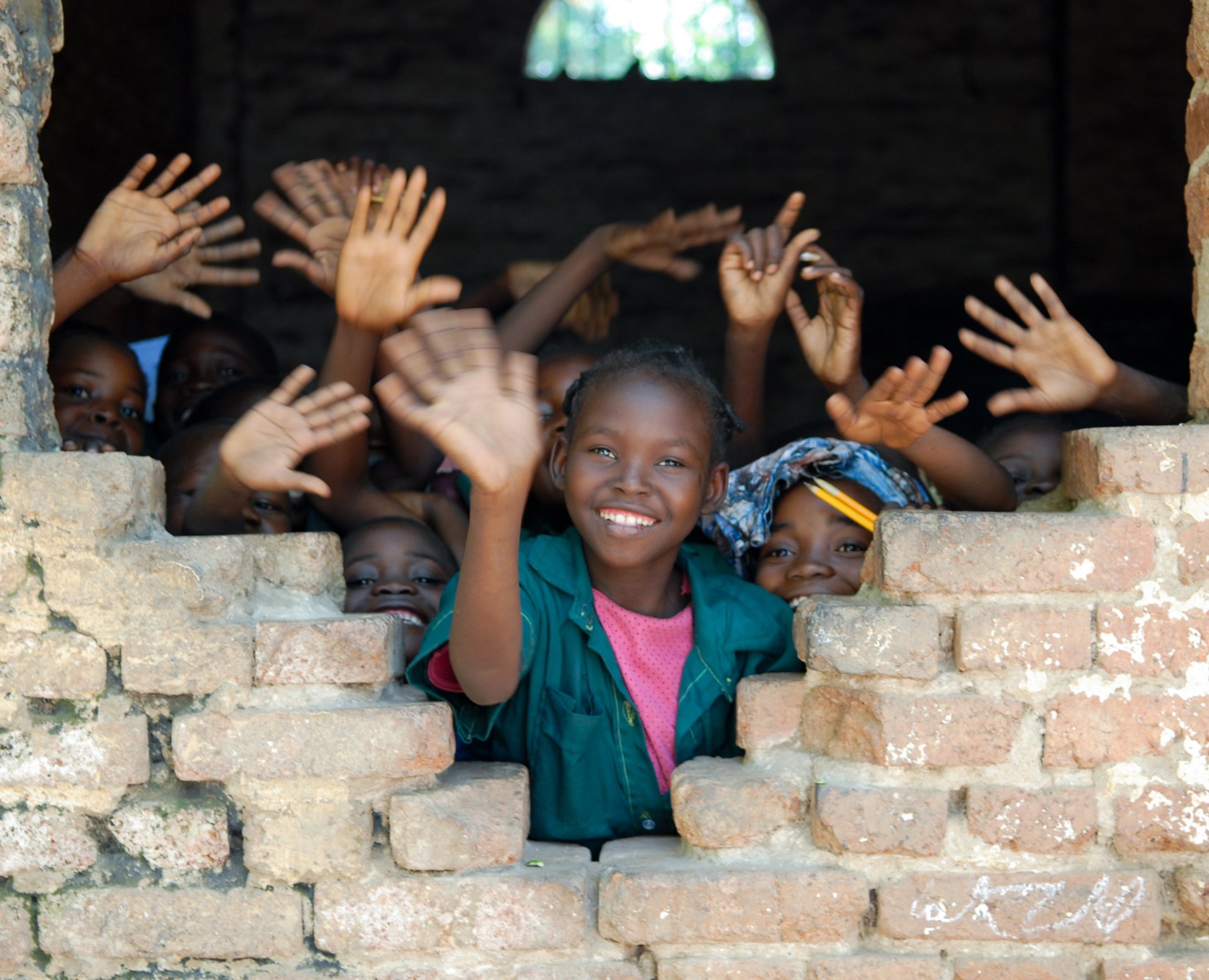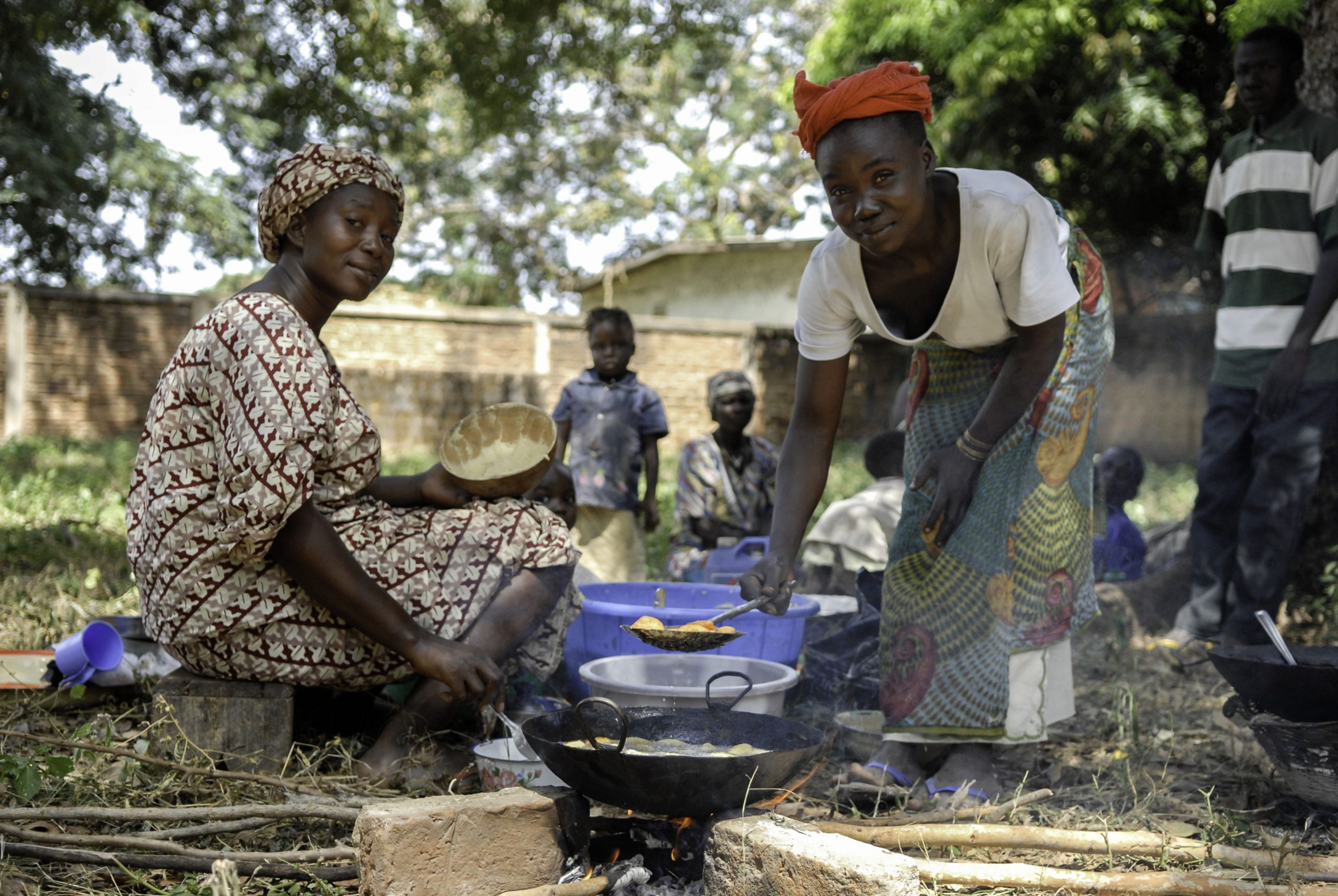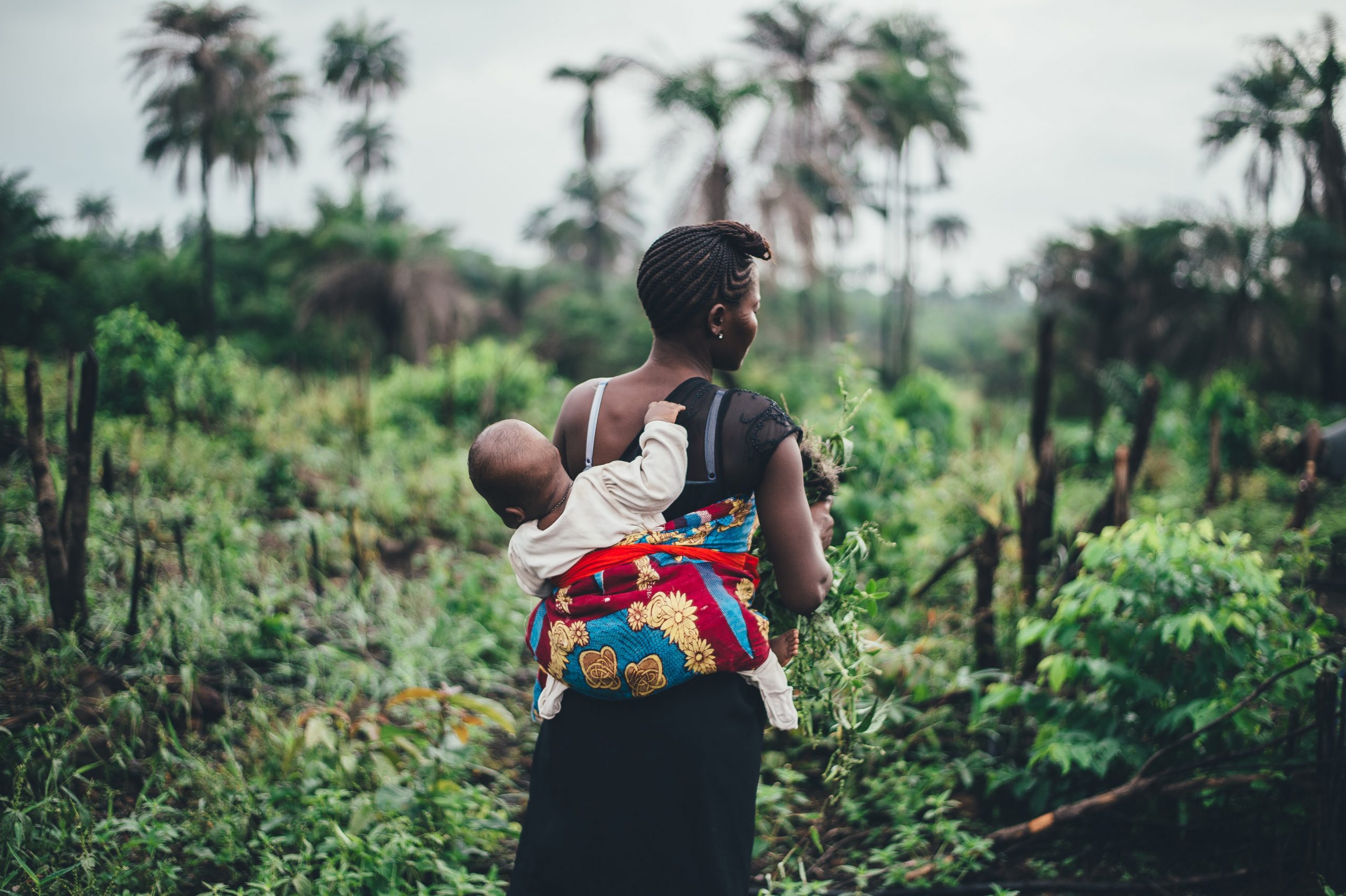KEY CHALLENGES

our approach
We were never intended to live in poverty, divided against one another, with little hope for peace. In the Kingdom of God, poverty, violence, division, and hopelessness will not exist. We believe the Church is God’s primary transforming agent in the world, and that the local church exists to make its community more like the Kingdom of God.
We partner with local ministry leaders as they minister to the communities and cultures that they themselves are from. We start projects and programs in the hardest places and set up a plan for them to be self-sustaining in order for them to know independence and the value of reinvesting in their own communities.

PROJECTS
Dental Clinic - The first-ever dental clinic in the remote village of Faya-Largeau, Chad has been established to share the hope of Christ and improve the dental health of future generations.
Gospel Context
People living in North Africa often live by a strict societal code marked by hospitality, reciprocity, and family honor. The idea that God would accept his son even after experiencing much public shame is challenging and attractive to many.
To learn how hope is found in the stories of fathers and sons, check out The Father's Love Booklet.

